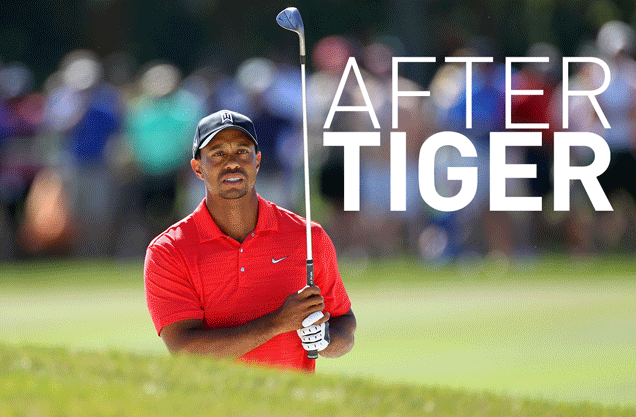After Tiger: Like Pre-Tiger, Golf Dependent On Economy
/Matt Brennan of Deadspin files a 6,220 word gem for the normally ADD-driven site of sports info with a well-researched piece considering the impact Tiger had on golf and where the sport is headed. It's the kind of story you'd like to read in print at a coffee shop to savor some of the reporting and quotes, but alas, those days are gone.  So Instapaper this one or just set aside a few minutes in front of your screen, because it's a thought-provoking look at where the game is headed in the wake of Tigermania and Tigergimpia. Brennan's primary conclusion, drawn in part from talking to the likes of Bishop, Mona, Jerris and others is that the sport relies much more on the overall economy than any one player.
So Instapaper this one or just set aside a few minutes in front of your screen, because it's a thought-provoking look at where the game is headed in the wake of Tigermania and Tigergimpia. Brennan's primary conclusion, drawn in part from talking to the likes of Bishop, Mona, Jerris and others is that the sport relies much more on the overall economy than any one player.
Economics are important, and upswings or downturns in three key sectors— employment, home values, and investment portfolios—are an indicator of golf's success, Mona told me. In this, he echoed the USGA's Jerris, who emphasized that the sport's fortunes have fluctuated with the broader economy since the Roaring Twenties gave way to the Great Depression.
"Here's what we know from 100 years of data about golf," he said. "The only real metric that matters in determining participation in the game is household income."
While Jerris, Mona, and Ted Bishop, president of the PGA of America, all described golf's exclusivity as a "misperception"—80% of golf courses in the United States are accessible to the public, and the median green fee is an affordable $26—income, and therefore class status, is a workable proxy if you're trying to determine whether golf appeals to someone. This may explain why the sport's rarefied image remains so tenacious, even among regular players.











